
Eye on the Middle East | The case 52 states made against Israel before the ICJ
Hindustan TimesOn February 27, the United Nations’ Food and Agriculture Organization reported that Gaza was on the brink of famine as a direct result of Israel’s ongoing military response to the October 7 attacks by Hamas, which killed a little over 1,100 in Israel. As the casualties in Gaza neared 30,000, the International Court of Justice began hearing oral arguments from 52 states and three international organisations and the Organisation of Islamic Cooperation ), in a case titled “Legal Consequences arising from the Policies and Practices of Israel in the Occupied Palestinian Territory, including East Jerusalem”. The new case allows the ICJ, for the first time, an opportunity to examine the legal consequences of Israel’s indefinite occupation of Palestinian territories, as well as the responsibilities of third states. In its request, the UN had asked for the Court’s opinion on two questions: What are the legal consequences arising from the ongoing violation by Israel of the right of the Palestinian people to self-determination, from its prolonged occupation, settlement and annexation of the Palestinian territory occupied since 1967, including measures aimed at altering the demographic composition, character and status of the Holy City of Jerusalem, and from its adoption of related discriminatory legislation and measures? How do the policies and practices of Israel referred to in paragraph above affect the legal status of the occupation, and what are the legal consequences that arise for all States and the United Nations from this status?” While the scope of South Africa’s contentious case is limited to potential breaches of the 1949 Genocide Convention, flowing from Israel’s current bombing of Gaza, the court’s opinion in this case will inform the requesting body’s — the UNGA’s — decision-making process.
History of this topic
International Criminal Court judges mulling arrest warrants consider legal arguments on jurisdiction
Associated Press
What ICJ Ruling On Israel’s Occupation Of Palestinian Territories Means, What Are Its Implications?
News 18
Can Palestinians expect changes after ICJ ruling on Israel’s occupation?
Al Jazeera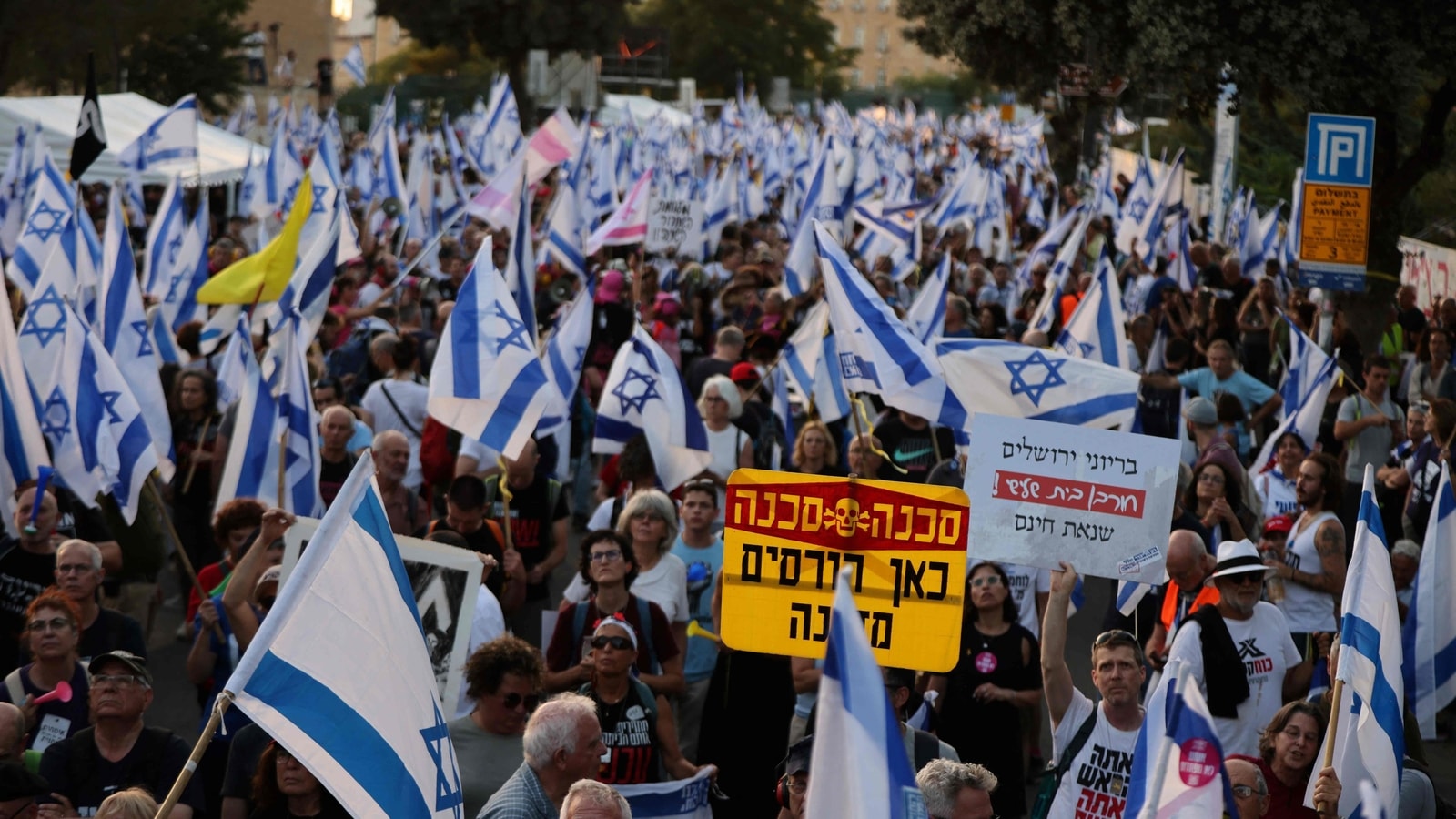
Eye on the Middle East | Between an ICJ verdict and a Knesset resolution, the world sees two states, Israel sees one
Hindustan TimesInternational Court of Justice rules Israel's presence in occupied Palestinian territories is illegal and should end
ABC
ICJ says Israel’s occupation of Palestinian territories is illegal
The Independent
ICJ says Israel’s presence in Palestinian territory is unlawful
Al Jazeera
Palestinians urge world to end Israel’s illegal occupation after ICJ ruling
Al Jazeera
Eye on the Middle East | The BRICS has cemented its position on Israel
Hindustan Times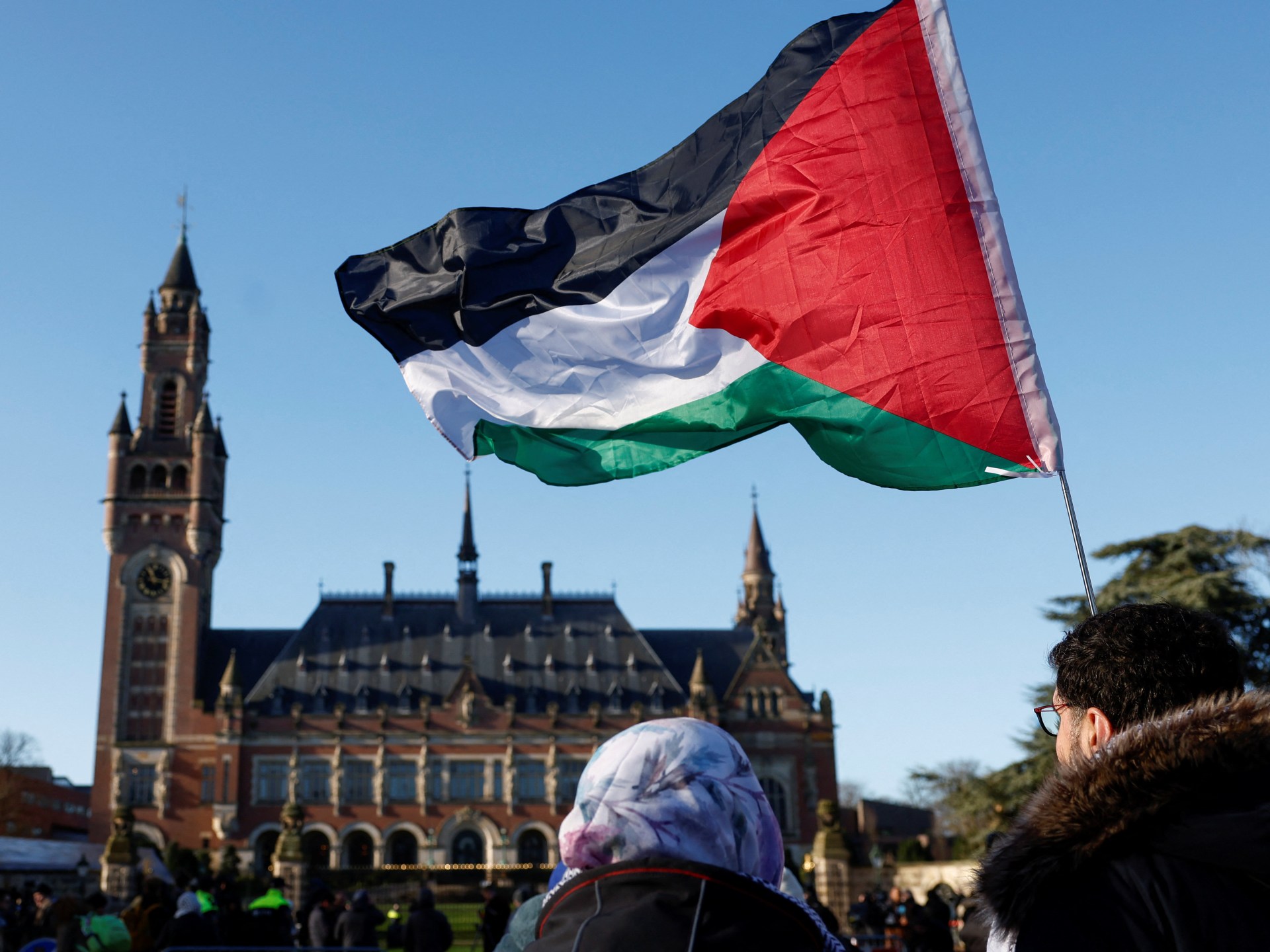
Spain says to join South Africa’s Gaza genocide case against Israel at ICJ
Al Jazeera
Which countries have joined South Africa’s case against Israel at the ICJ?
Al JazeeraIsrael insists it is doing all it can to protect civilians in Gaza and denies genocide charges
Associated Press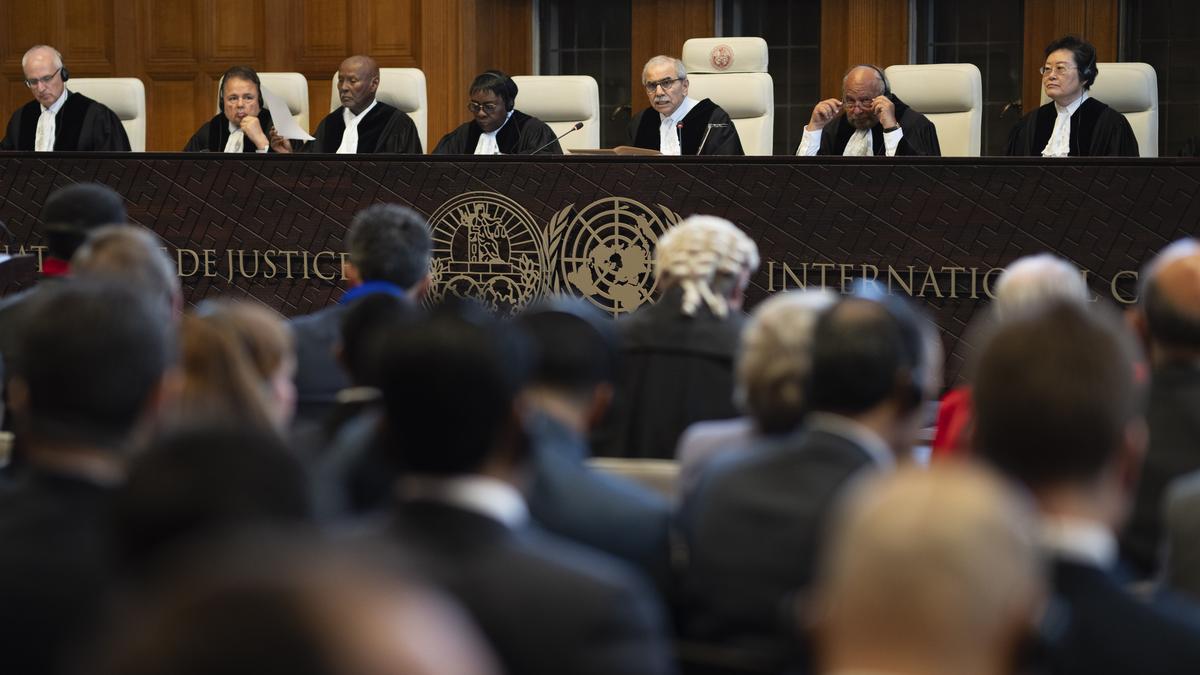
ICJ opens hearings on Israeli military's incursion into Rafah
The Hindu
South Africa urges ICJ to order Gaza ceasefire, halt Israel’s Rafah assault
Al Jazeera
Egypt says it will join South Africa’s genocide case against Israel at ICJ
Al Jazeera
South Africa asks ICJ to order Israel to withdraw from Gaza’s Rafah
Al Jazeera
Turkey seeks to join South Africa’s genocide case against Israel at ICJ
Al Jazeera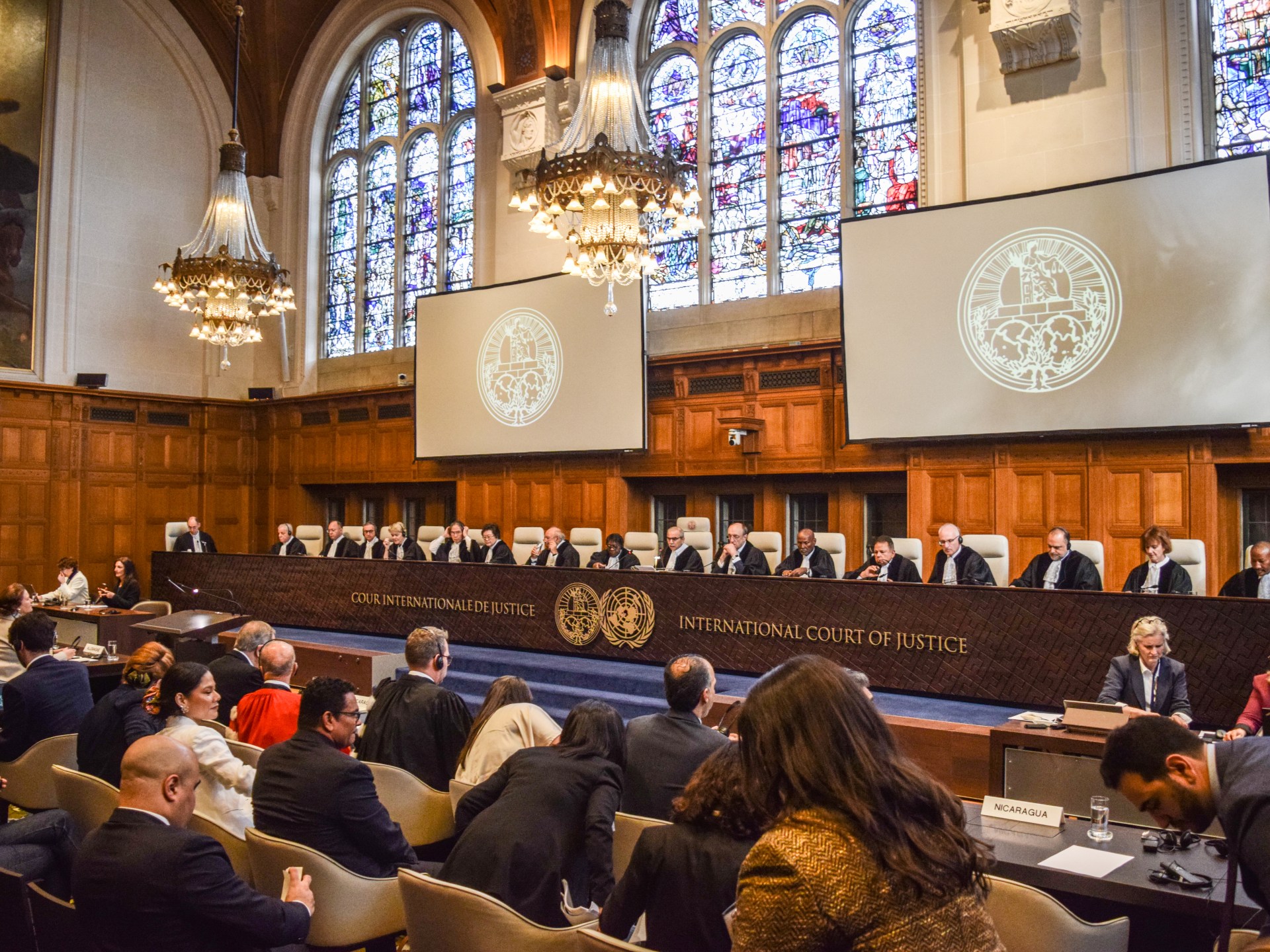
Watching the watchdogs: The media downplays a big legal story at its peril
Al Jazeera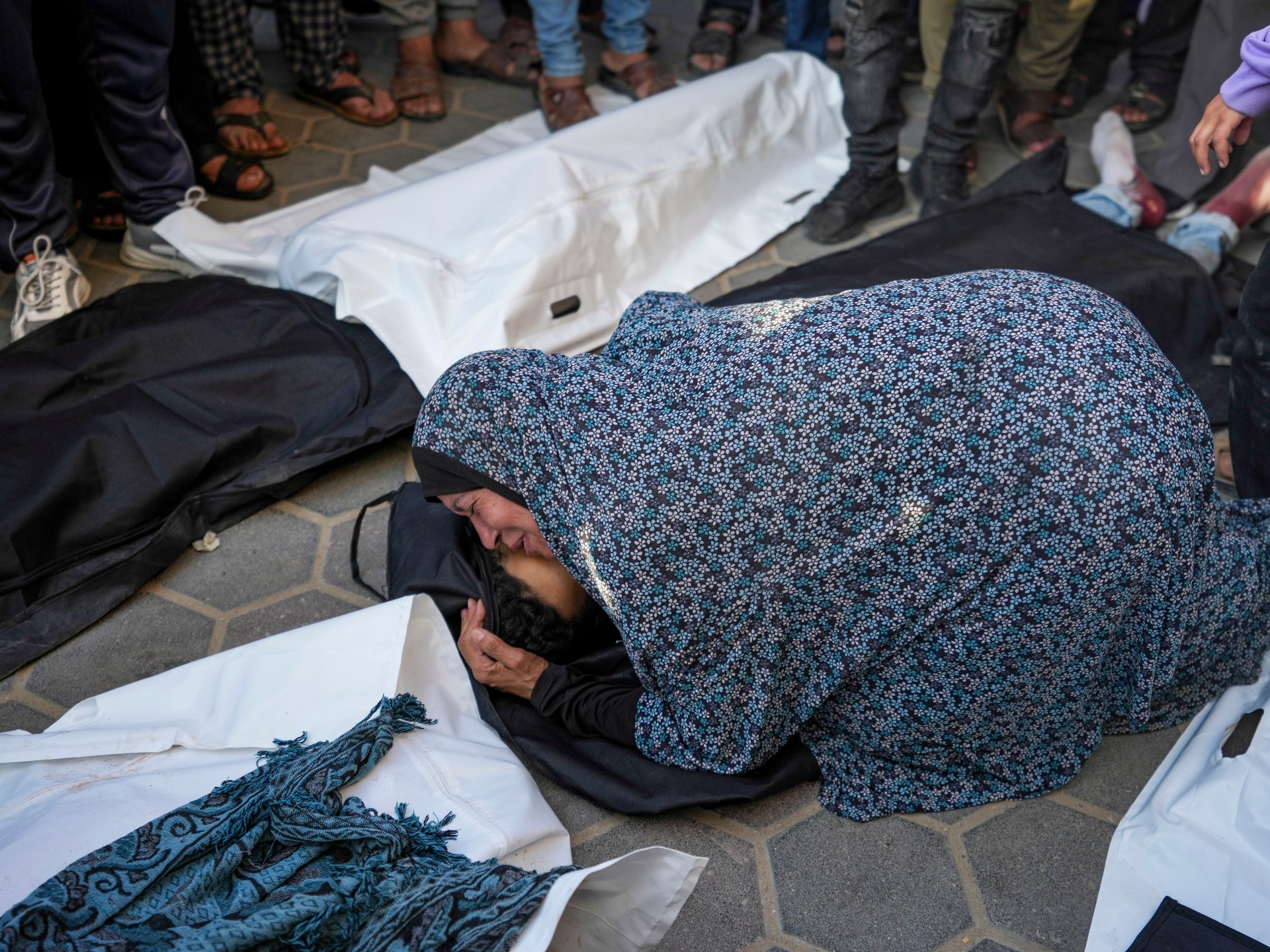
The ICC can no longer ignore the genocide in Gaza
Al Jazeera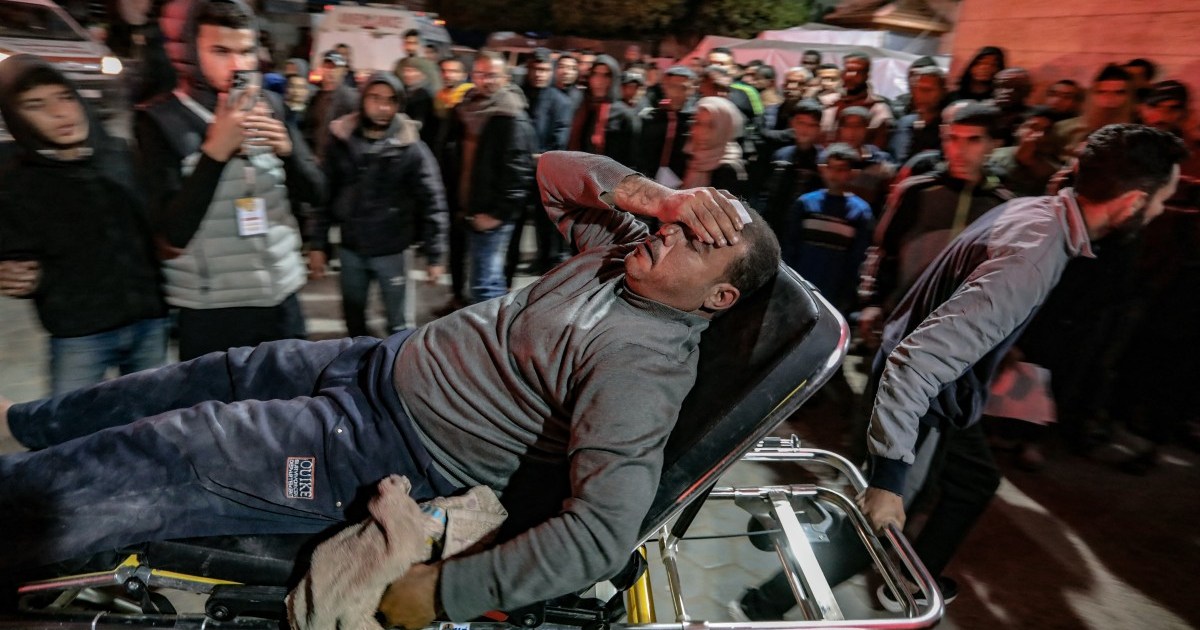
Nicaragua drags Germany to ICJ for ‘facilitating Israel’s genocide’ in Gaza
Al Jazeera
Has Israel complied with ICJ order in Gaza genocide case?
Al Jazeera
China tells ICJ justice ‘must not be denied’ to Palestinians
Al Jazeera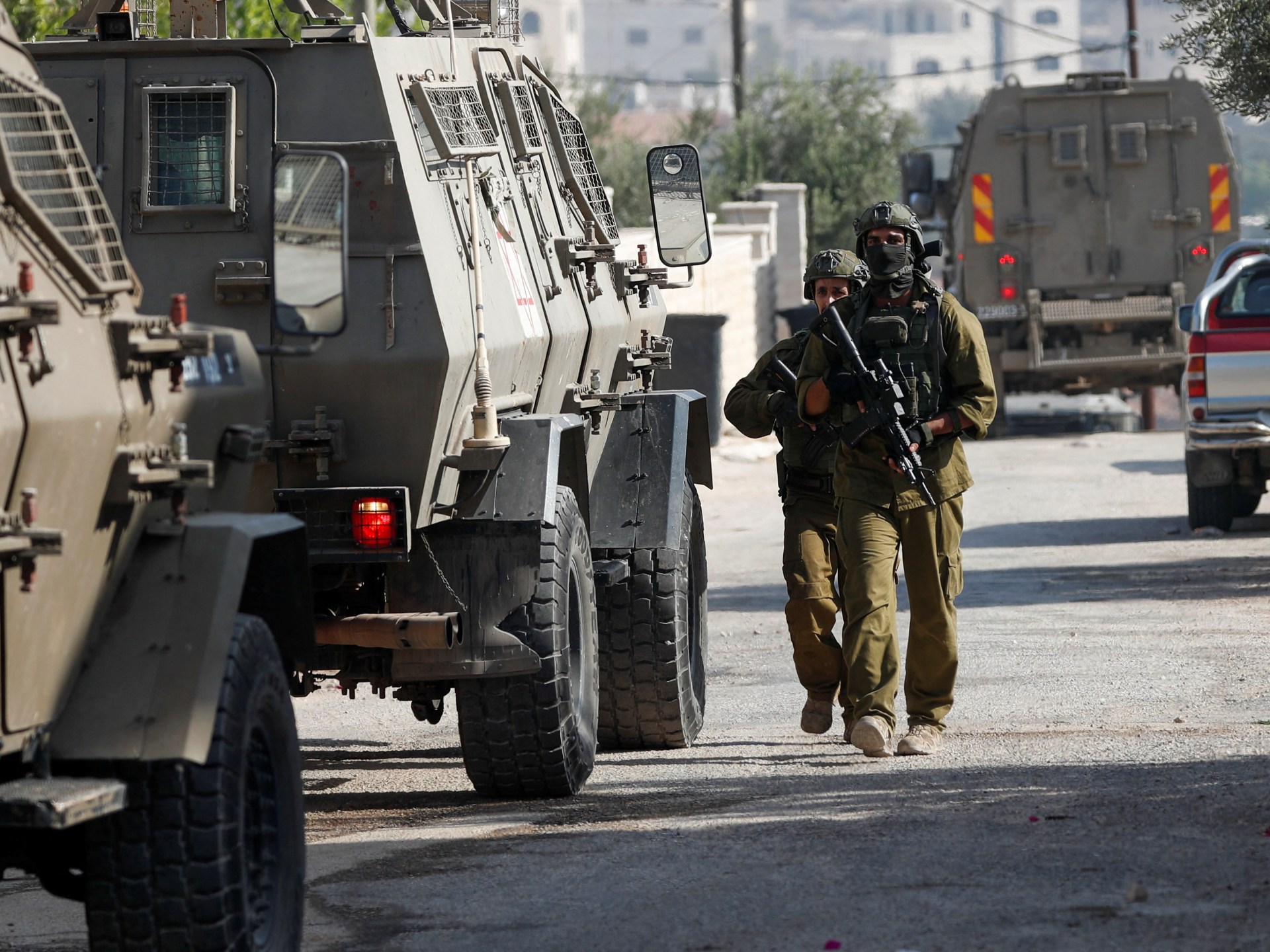
‘Israel’s apartheid must end,’ South Africa says at ICJ hearing
Al Jazeera
What’s the ICJ case against Israel’s illegal occupation of Palestine?
Al Jazeera
Palestine demands end to Israeli occupation at ICJ hearing
Al Jazeera
ICJ demands implementation of Gaza measures, but no new action on Rafah
Al Jazeera
Eye on the Middle East | The United States has subtly shifted its stand towards the Israel-Gaza war
Hindustan Times)
South Africa asks IJC to weigh Israel's Rafah offensive
Firstpost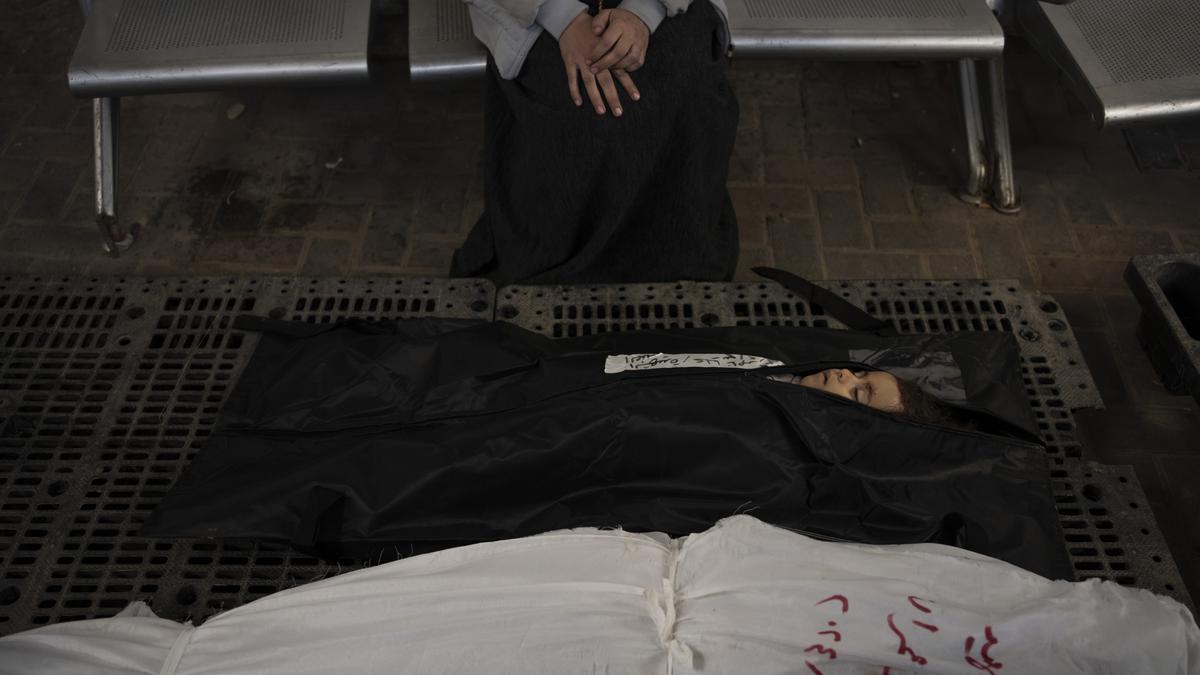
Holding Israel accountable
The Hindu
One week after ICJ ruling, is Israel following the court’s orders?
Al Jazeera)
Gaza War: South Africa urges all nations to stop funding Israel’s military
Firstpost
The ICJ ruling was a legal victory at the cost of Palestinian lives
Al Jazeera
ICJ ruling vindicated us: South African President Cyril Ramaphosa after UN court's decision in genocide case
New Indian Express
UN Security Council to discuss ICJ ruling in Israel genocide case
Al JazeeraThe International Court of Justice ruling on the Israel-Gaza war was not a knockout victory for either side
ABC
UN court orders Israel to take measures to prevent genocide in Gaza
Daily Mail
International Court of Justice refuses to dismiss genocide case against Israel
Hindustan Times
Prevent Genocide Of Palestinians In Gaza, Allow Humanitarian Aid : ICJ Directs Israel In South Africa's Application
Live Law
Gaza War: ICJ won’t throw out genocide case against Israel brought by S Africa
Live MintICJ genocide case: World court demands Israel limit deaths
Associated Press
What has the ICJ ordered Israel to do on Gaza war, and what’s next?
Al Jazeera
ICJ orders Israel to prevent acts of genocide in Gaza
Al Jazeera
What the ICJ’s interim ruling means for Israel’s war on Gaza
Al Jazeera
ICJ rules Israel must prevent acts of genocide in Gaza: Key takeaways
Al Jazeera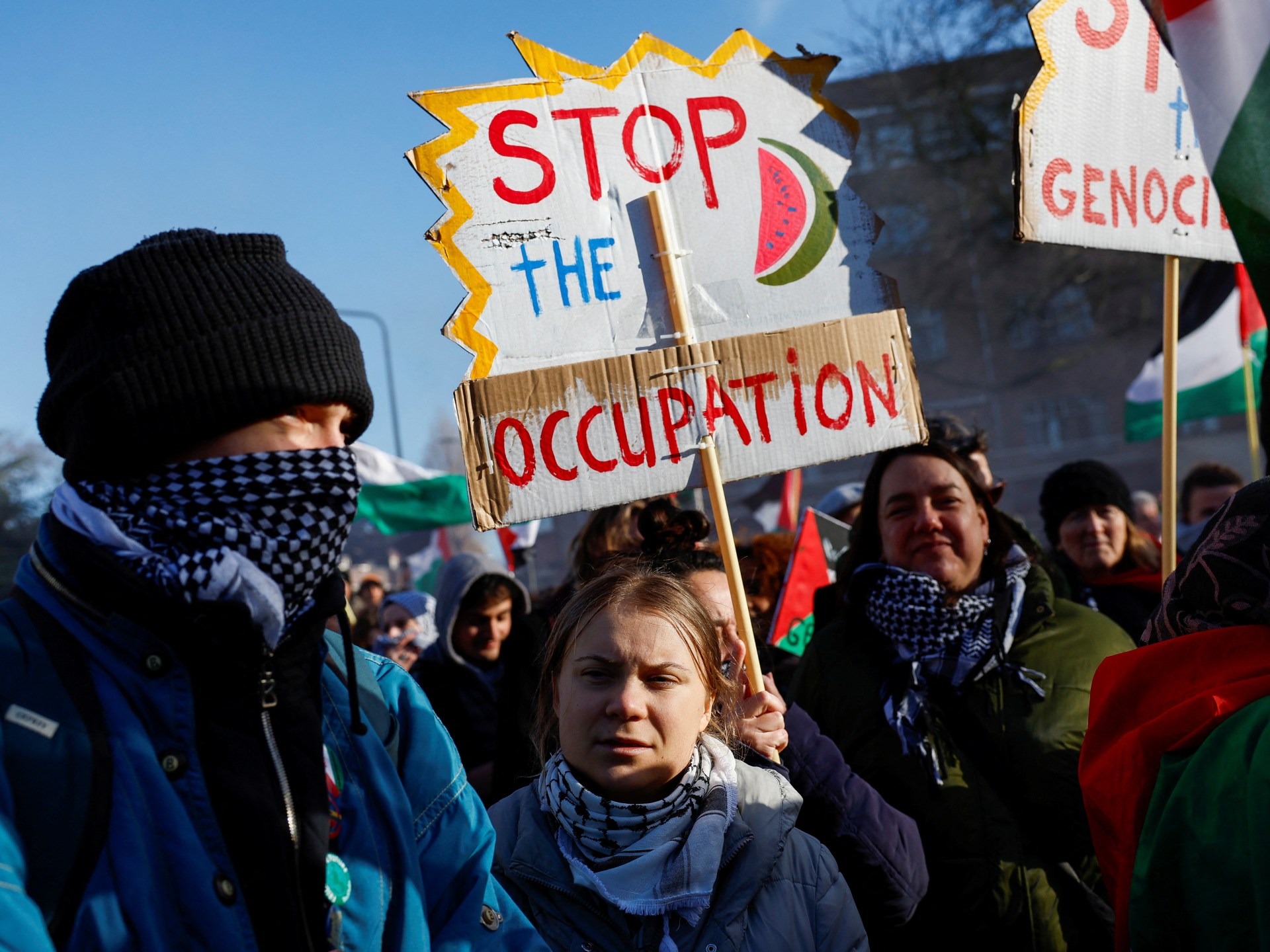
World reacts to ICJ interim ruling in Gaza genocide case against Israel
Al Jazeera
ICJ stops short of ordering cease-fire in Gaza; demands Israel contain deaths
New Indian Express)
Netanyahu prepares legal missiles to intercept ICJ's Gaza war 'genocide' verdict
Firstpost
Need to find a way out of West Asia maze
New Indian Express
What will the ICJ announce on Israel’s Gaza war? The possible scenarios
Al JazeeraDiscover Related

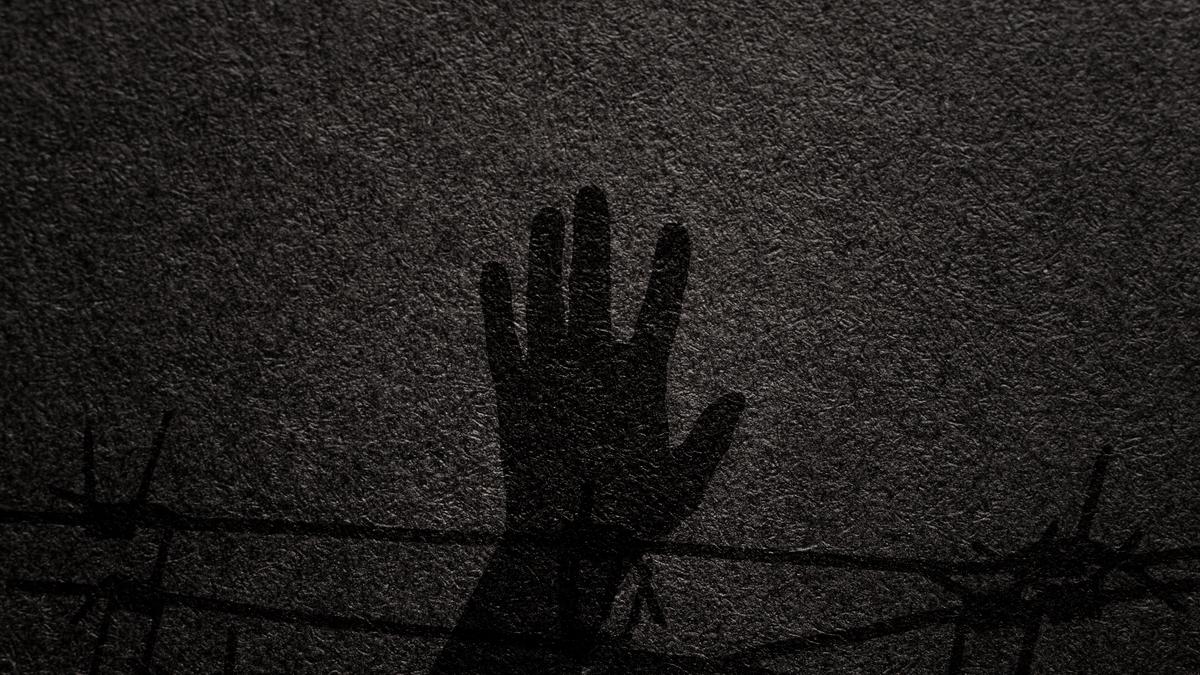
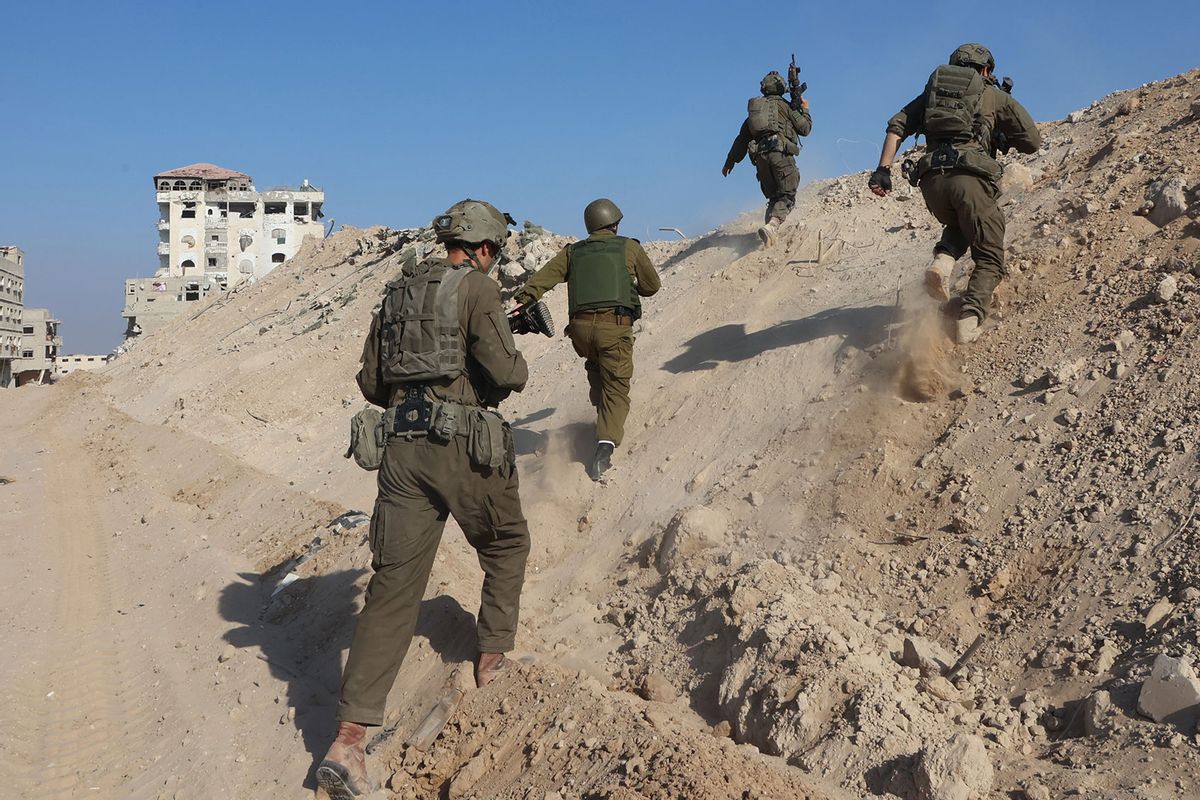

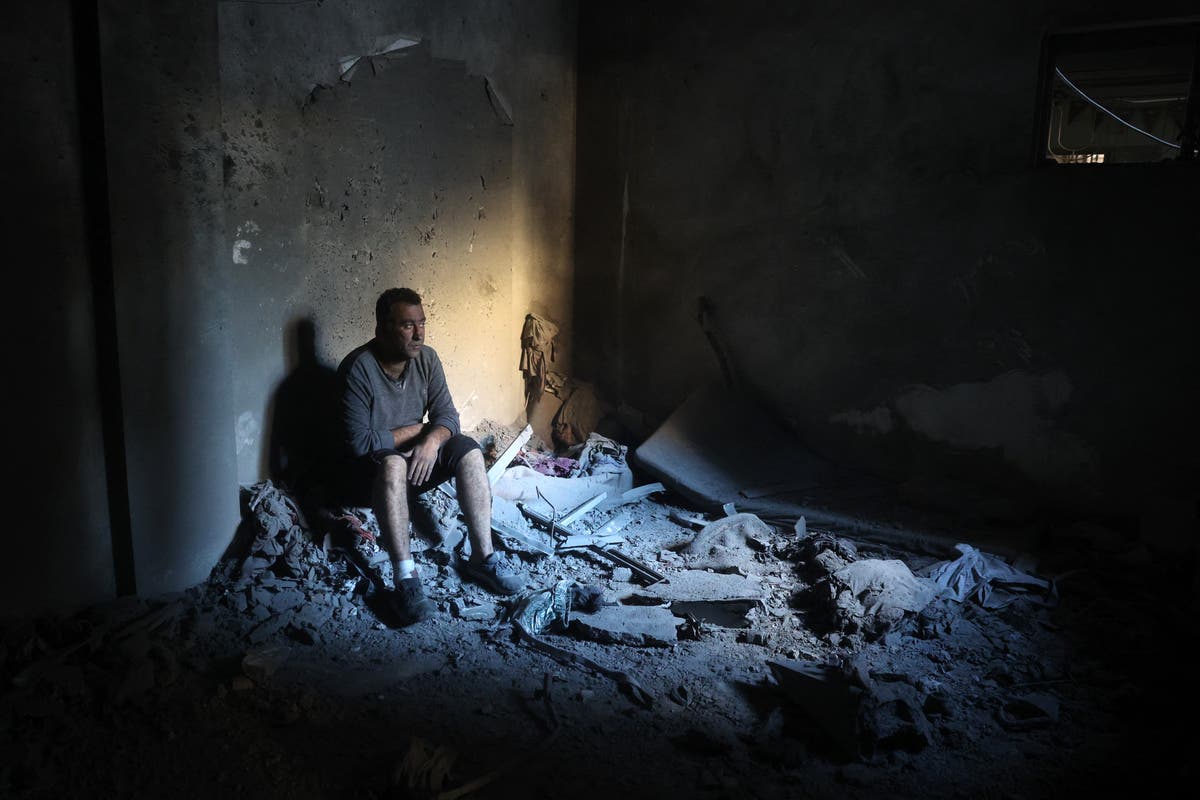
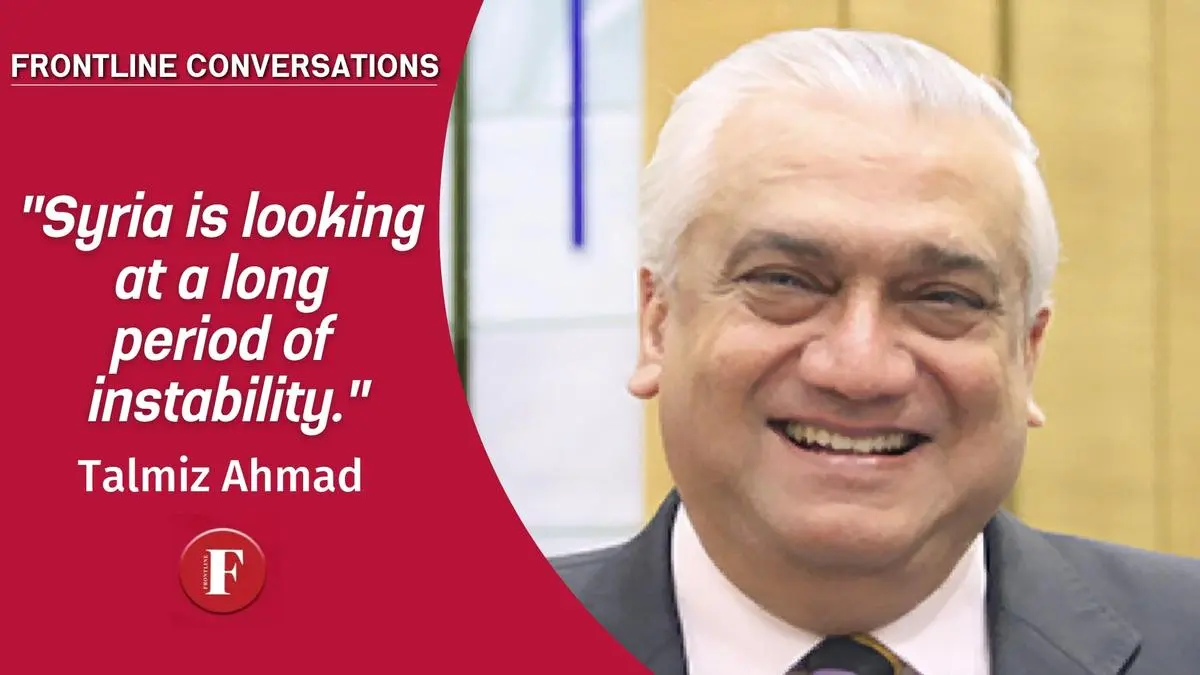
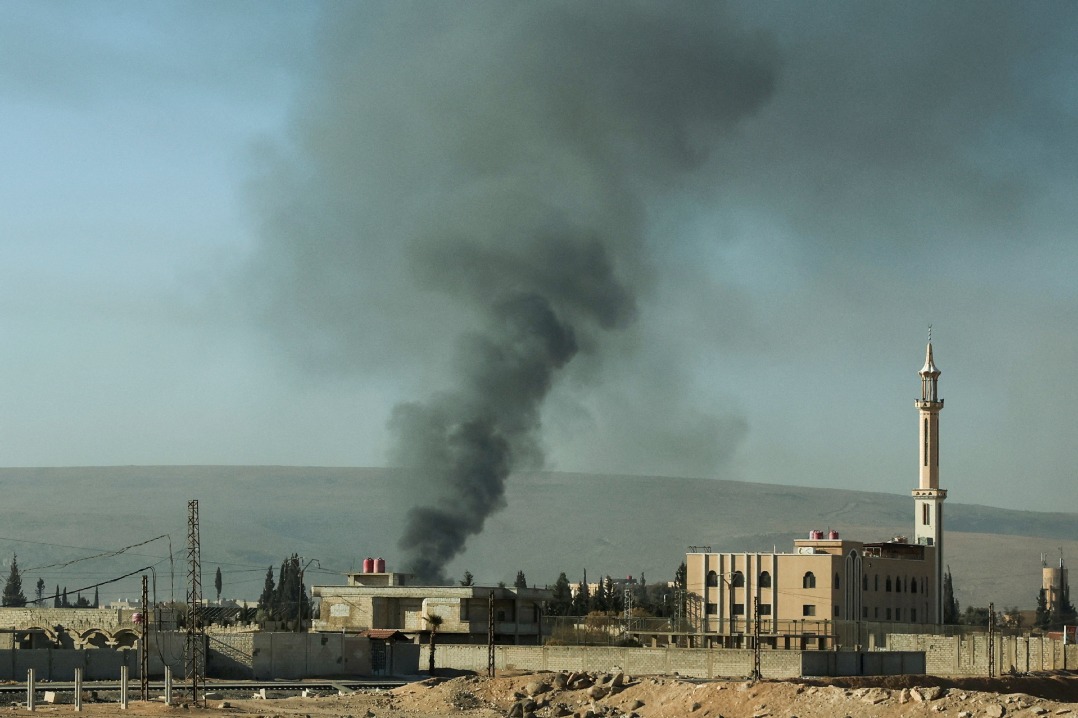



)
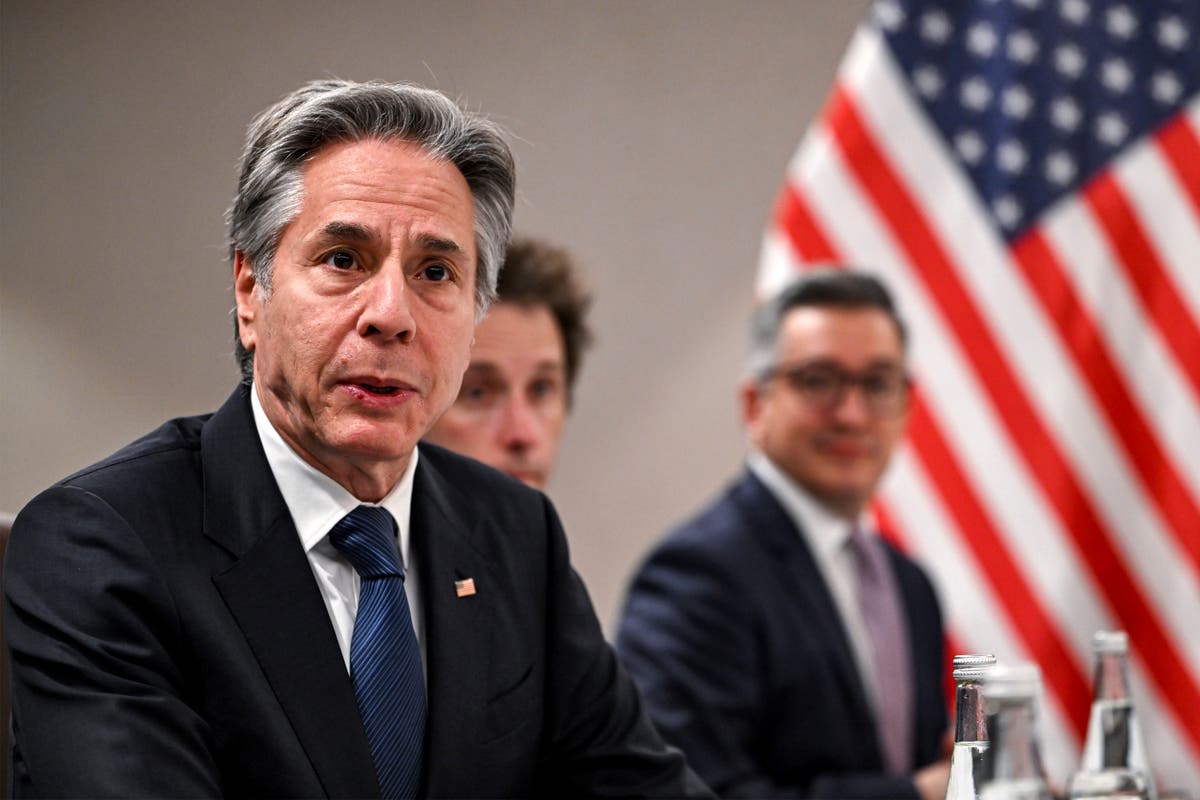




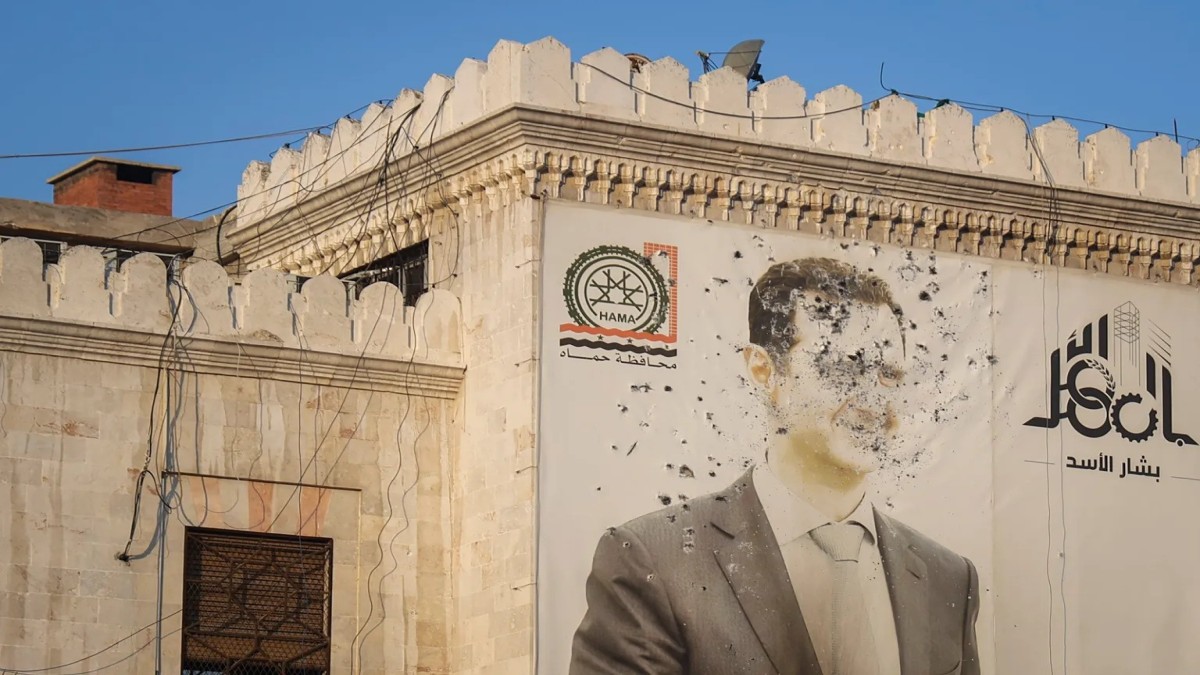)
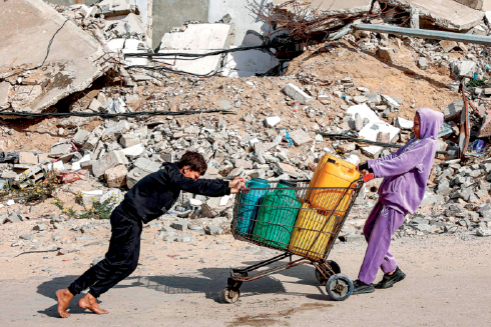





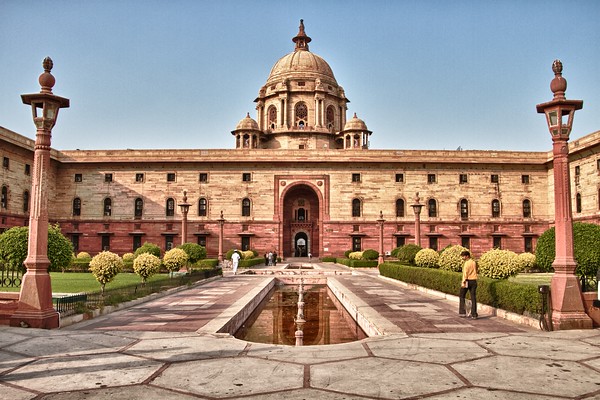




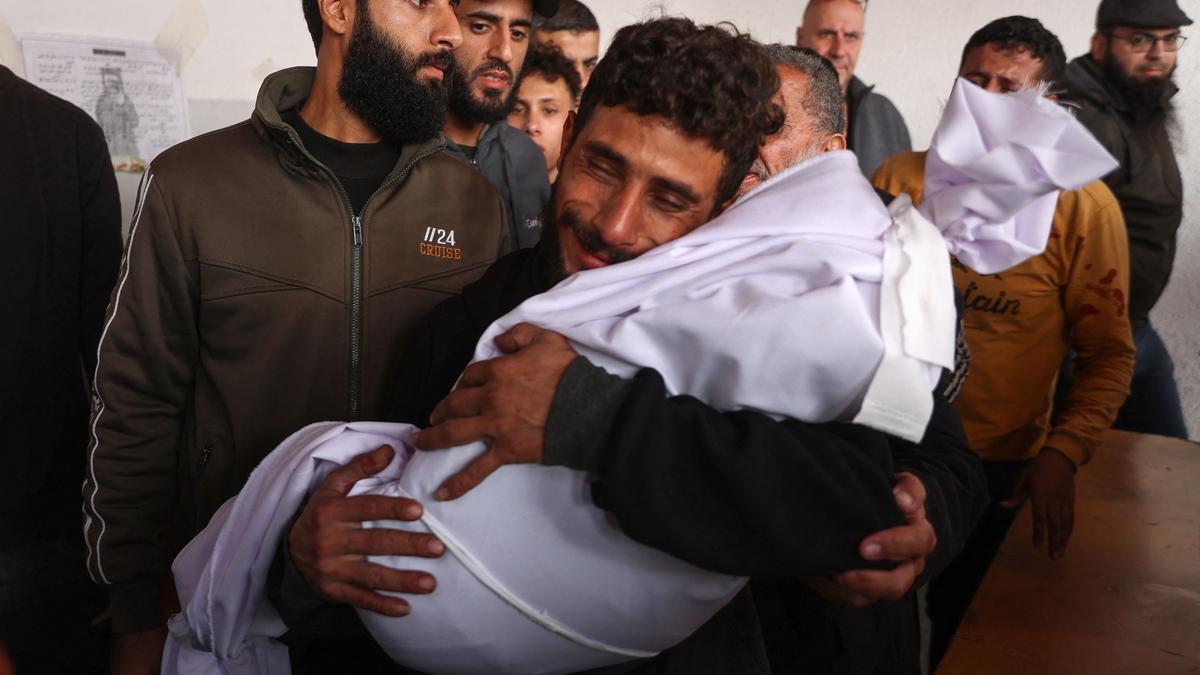

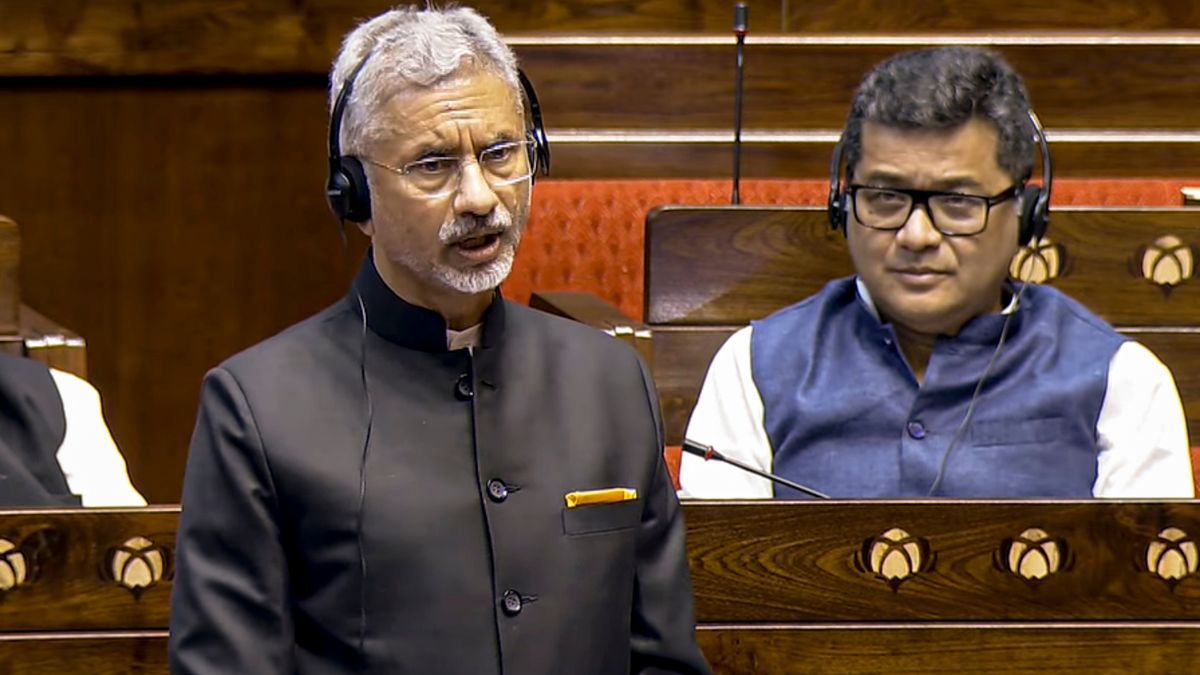)

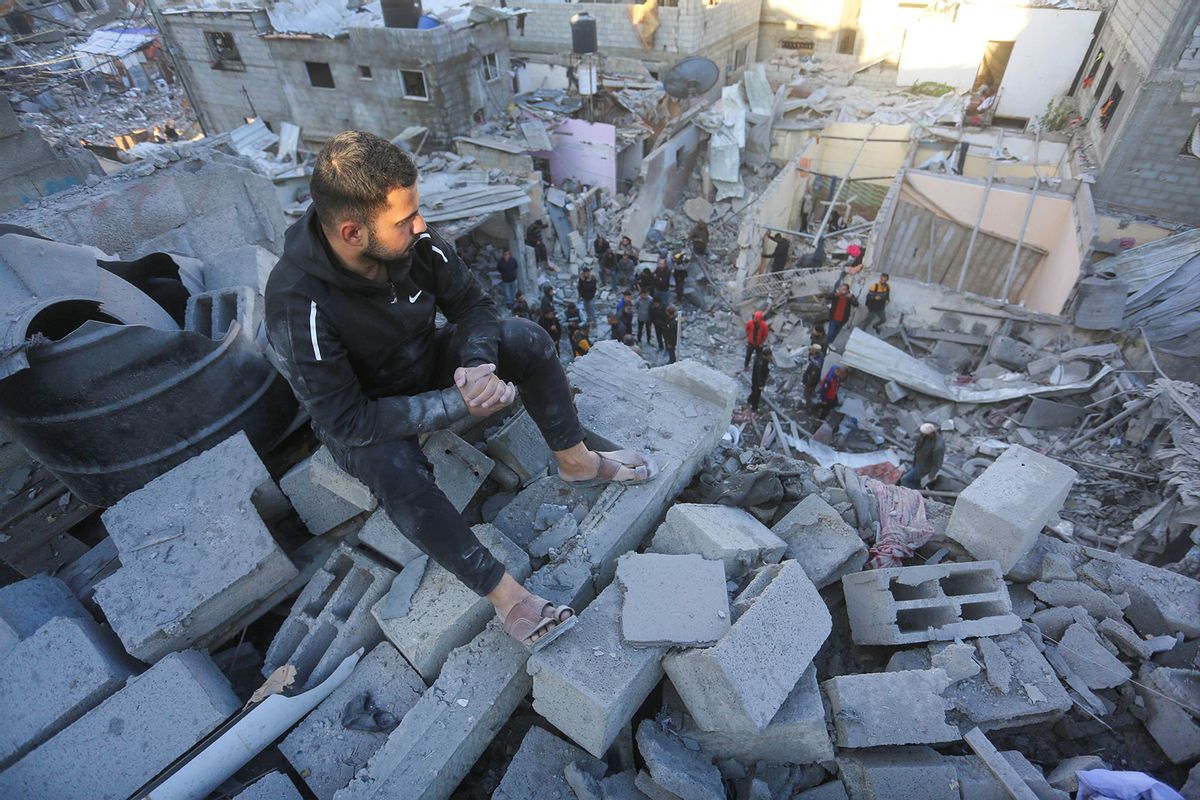




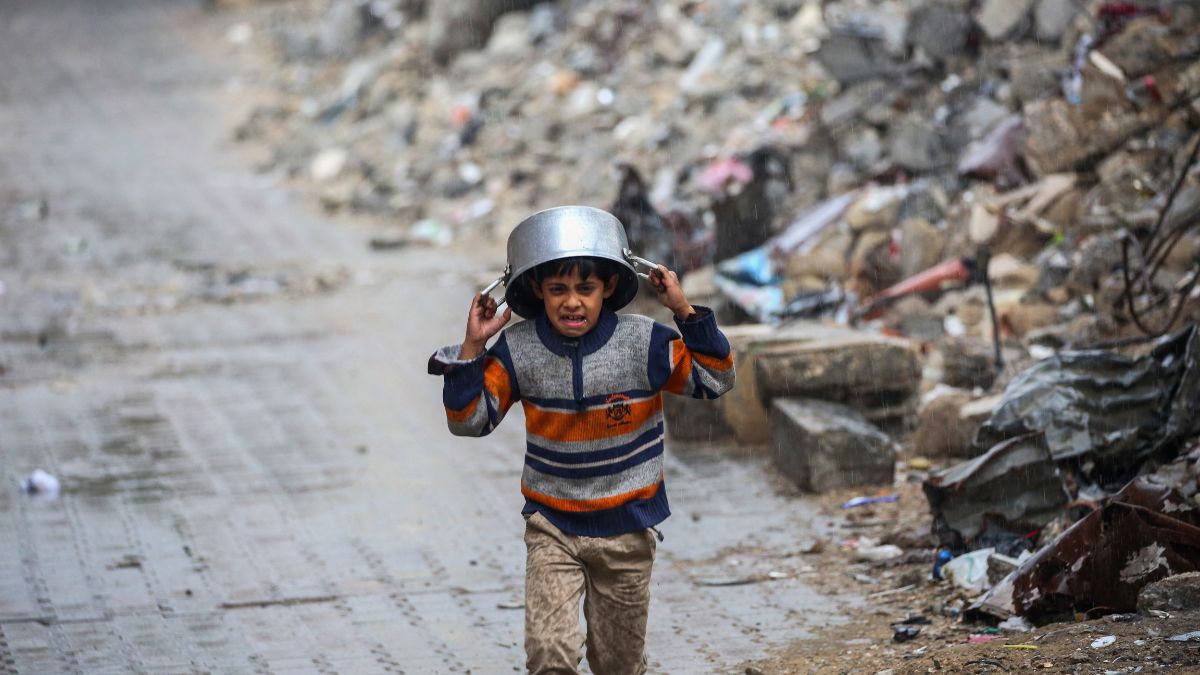)


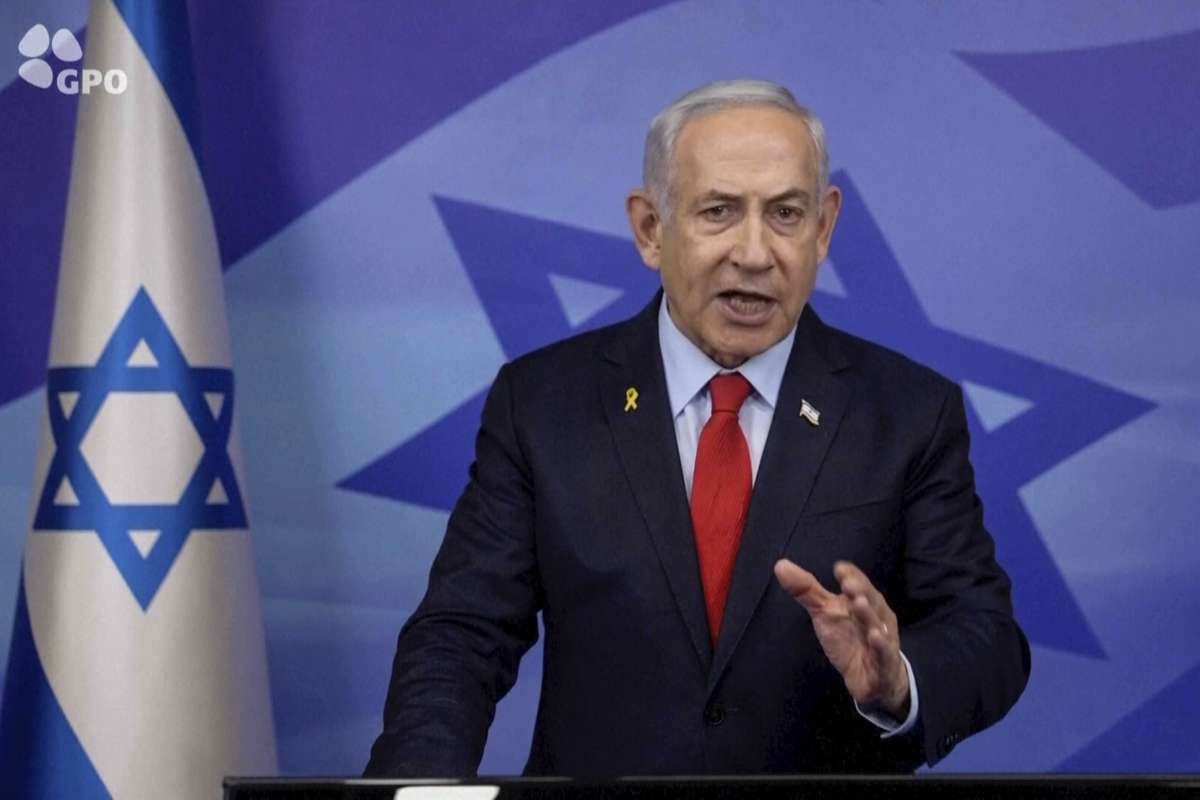
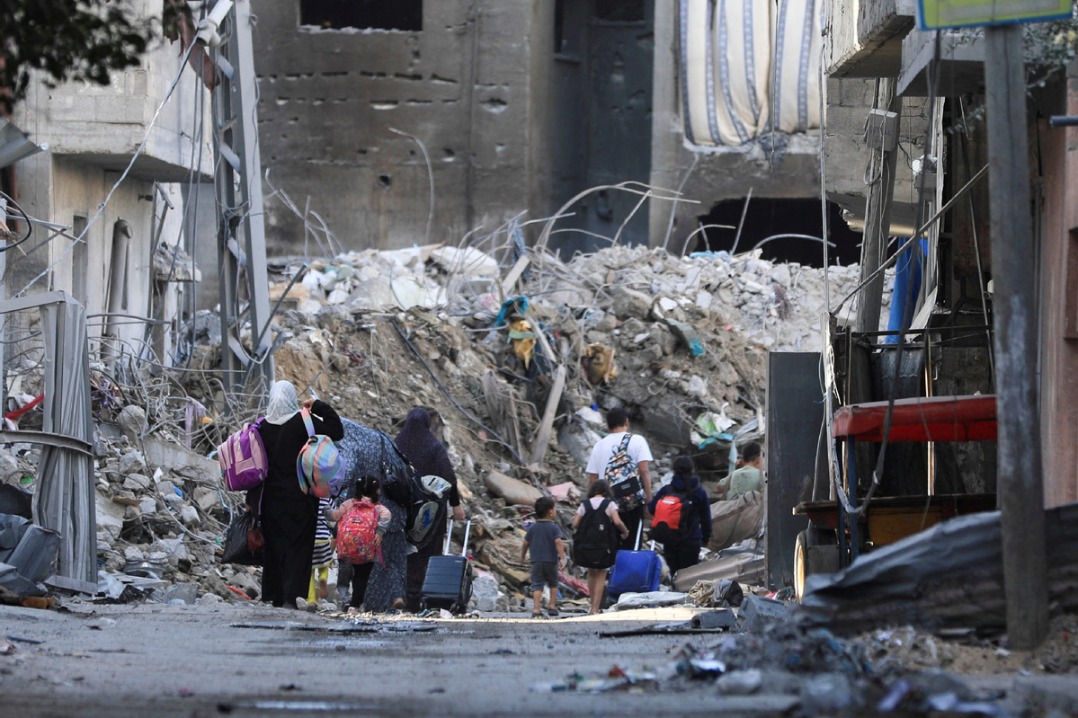
)
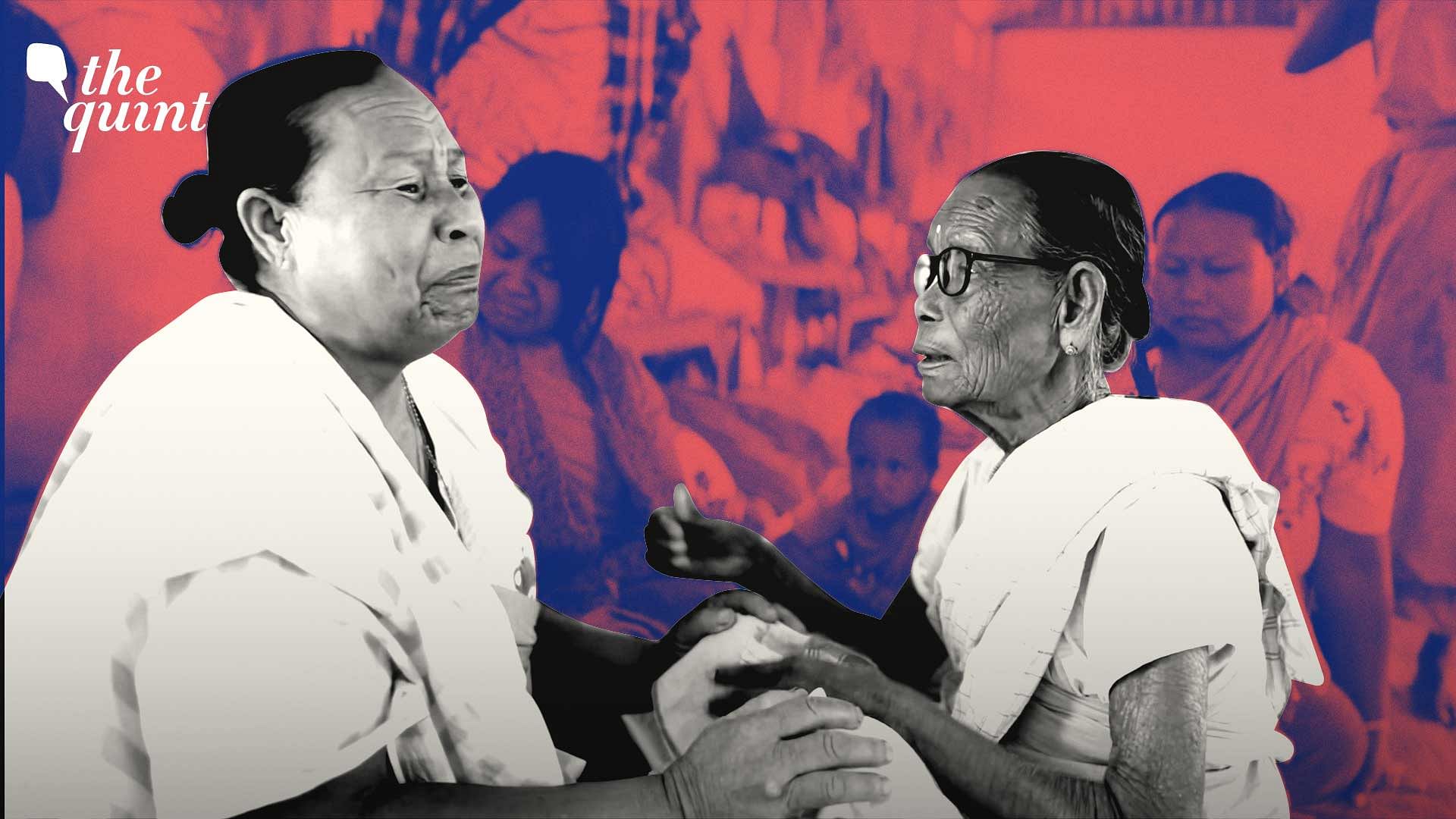
)